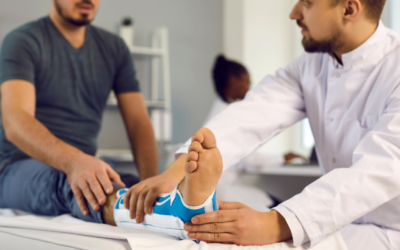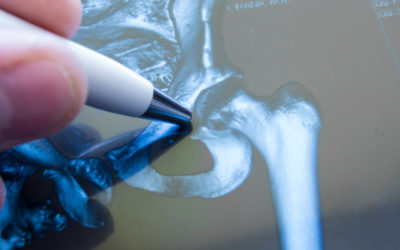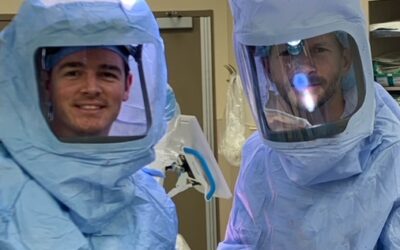Are you considering knee replacement surgery and have questions about recovery time, pain levels, and getting back to your daily routine? You’re not alone. Many patients have concerns about what to expect during and after this common orthopedic procedure.
How Long Is Knee Replacement Surgery?
Knee replacement surgery typically takes between 1 to 3 hours. This procedure involves replacing the damaged parts of your knee joint with artificial components. The duration can vary depending on individual patient factors and how complex your case is.
What Will My Pain Be Like After The Surgery?
It’s normal to experience pain after knee replacement surgery. However, advancements in surgical techniques and pain management mean that the pain is usually manageable and temporary. In the first few days post-op, you’ll likely experience the most discomfort, but your doctor will provide pain medication tailored to your needs. Most patients find that the pain significantly decreases within a few weeks.
How Long Is My Recovery Time From Knee Replacement Surgery?
Recovery from knee replacement surgery is a gradual process. Most patients can resume most daily activities within three to six weeks post-surgery. Full recovery, however, may take up to six months or more. During this time, you’ll work on regaining your range of motion and strengthening muscles through physical therapy.
How to Have a Smoother Recovery:
Early Mobilization: Start walking once you’re cleared to walk post-surgery to prevent blood clots and promote healing.
Pain Medication: Follow your doctor’s advice on pain medication, which may include over-the-counter pain relievers or prescription medication.
Physical Therapy: Exercise in physical therapy to strengthen your knee and improve flexibility. Follow your physical therapist and orthopaedist’s recommendations for all exercises and stick to the recovery schedule they set out.
Avoid Certain Activities: After your knee replacement, avoid high-impact activities, prolonged sitting, and situations where you might fall, as they can interfere with your healing and recovery, increasing your risk of reinjury.
What are the Long-Term Potential Consequences of a Knee Replacement?
While most knee replacements last 10 to 20 years, issues can arise. Pain years after the surgery might indicate soft tissue irritation, loosening of the implant, or, in rare cases, infection. Regular check-ups with your orthopedic surgeon are essential to monitor the condition of your knee replacement.
Contact Us for More Information
At Tennessee Orthopaedic Alliance, our expert team is ready to answer all your questions about knee replacement surgery and help you achieve the best possible outcome. Contact us at (865)690-4861 to schedule your appointment. We serve patients from Knoxville, TN, Oak Ridge, TN, Lenoir City, TN, and Sevierville, TN.




